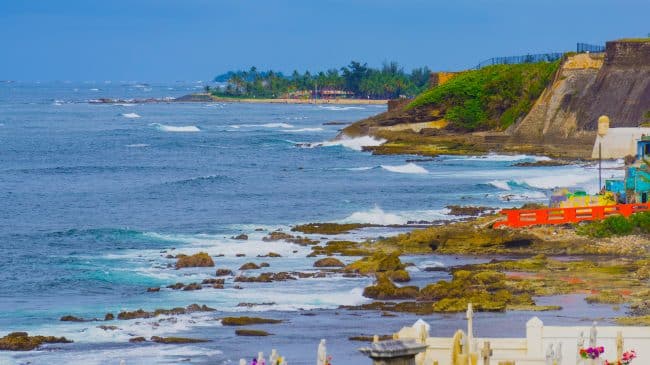The federal board overseeing Puerto Rico’s finances has invalidated the commonwealth’s pension obligation bonds on constitutional grounds and is now suing large bondholders to recoup previously paid principal and interest.
Pensions & Investments reported:
Puerto Rico’s oversight board is preparing to file a second round of lawsuits by Monday to recoup payments made to bondholders, this time involving bonds backed by the Puerto Rico’s Employees Retirement System (ERS), according to court documents.
The lawsuits will seek to invalidate more than $3 billion of ERS bonds and to recover principal and interest payments of nearly $400 million made to ERS bondholders.
The bonds were issued by Puerto Rico’s Employee Retirement System in 2008 in an effort to resolve the system’s chronic underfunding. But, as we’ve discussed previously, the bonds were floated at precisely the wrong time – during a stock market crash – and only exacerbated the government’s fiscal problems.
Unfortunately, governments continue to take risks by issuing pension obligation bonds rather than resolving their underfunding problems by better aligning today’s contributions with future promises. Last year, Reason Foundation’s Anil Niraula surveyed the risks of pension obligation bonds (POBs) as Chicago was considering issuing a new series of such bonds, and I found that several California local governments had issued POBs over the last two years.
But the Puerto Rico development underscores the danger of POBs to bond buyers in addition to issuers. POB holders only achieved partial recoveries in the Detroit and Stockton municipal bankruptcies. Courts appear to be more willing to impose losses on POB holders than on owners of general obligation bonds and other types of bonds that are backed by infrastructure.
In Puerto Rico, the prospects for pension obligation bondholders may be even worse. In this case, the federal oversight board concluded that ERS did not have the authority to issue the bonds under Puerto Rico’s constitution. As a result, no further payments are being offered to bondholders who have not seen any principal or interest for over two years. Further, the board is seeking to clawback all previous debt service payments made on the POBs to those holding $2.5 million or more of the issue.
In the 50 U.S. states, bond cancellations are unusual but not unprecedented. Further, Puerto Rico’s constitution and fiscal status differ radically from even the most fiscally-challenged government entities on the mainland. While the cancellation of pension obligation bonds on the mainland seems very unlikely at this time, investors would do well to study the Puerto Rico case and its implications before investing in these securities.

